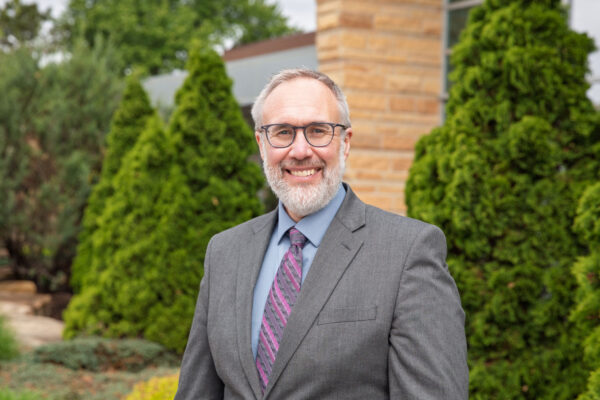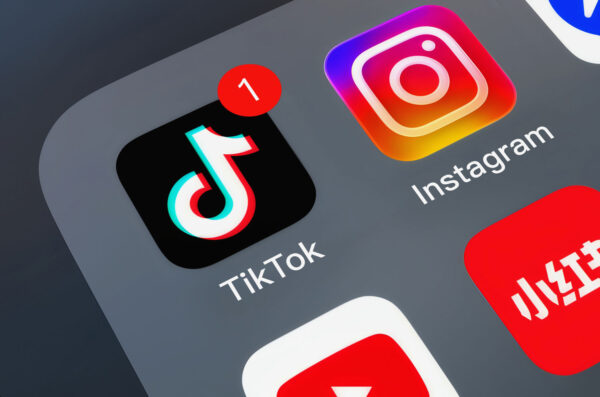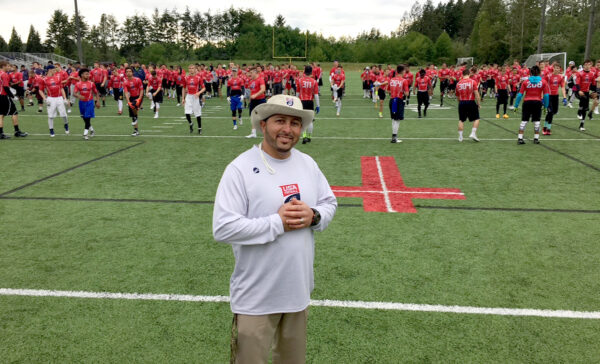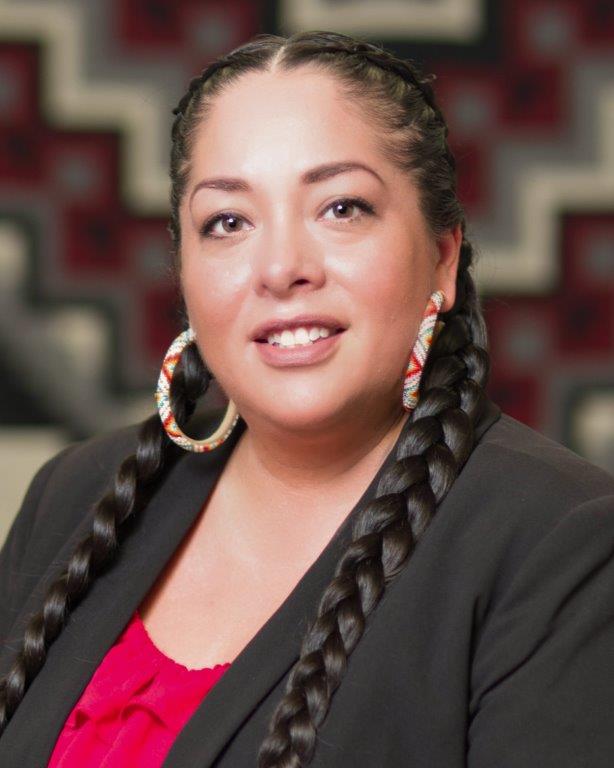
By Douglas Esser
As the chief research officer for the Seattle Indian Health Board, Abigail Echo-Hawk directs data collection and evaluation for the Urban Indian Health Institute. The institute is one of 12 tribal epidemiology centers in the nation and the only one with a national scope, working across a network of 62 urban Indian health programs.
In her position, Echo-Hawk navigates an ocean of data. But back when she was a graduate student at the University of Washington Bothell, she felt like statistics was her weakest course.
With the support of fellow students and Cinnamon Hillyard, then her professor and now the interim associate vice chancellor for undergraduate learning, however, “stats” turned into a strength.
“It gave me the confidence to be in the job I’m in now where I’m overseeing an epidemiology center focused on creating meaningful data statistics for American Indians and Alaska Natives,” Echo-Hawk said.
A career in public health
Echo-Hawk graduated in 2007 with a degree in American & Ethnic Studies and a minor in Human Rights from UW Bothell’s School of Interdisciplinary Arts & Sciences. She added a Master of Arts in Policy Studies in 2009.
For the past three years, she’s directed the health board’s research institute and gained national recognition, especially for drawing attention to sexual violence and to missing and murdered indigenous women and girls.
The COVID-19 pandemic has intensified her work as part of the leadership for the board’s clinic in Seattle’s International District. It serves anyone who walks through the door — about 6,000 people a year — but the majority are American Indians and Alaska Natives, for whom it is culturally attuned.
As part of the public health response, the institute created COVID-19 fact sheets for Native American communities, hosted webinars on harm reduction for the Native homeless population and is conducting nationwide epidemiological surveillance.
“Anywhere there’s a gap,” Echo-Hawk said, “we’re filling it.”
From patient to policymaker
It was about 20 years ago, after moving from Alaska to Seattle, when Echo-Hawk first went to the health board clinic as a patient. “It’s really exciting in a sense to come back home and serve the community that served me so well,” she said.

This is the 50th year for the Seattle Indian Health Board and the 20th for its research division. As director of research, Echo-Hawk trains others how to conduct research with American Indians and Alaska Natives in urban settings where 71% live, according to census figures. She directs a staff of 39, more than five times as many as when she started in 2016.
“I’ve really seen my resources and team grow as a result of going back to our traditional value systems around research, data and evaluation to make meaningful change around policy or programming,” Echo-Hawk said.
The institute, which is mostly funded by federal grants and federal partners, is training the Centers for Disease Control and Prevention, and the National Institutes of Health and others on indigenous evaluation frameworks and how to implement them within urban tribal communities.
“We work with the communities to determine what should be measured. That becomes the evaluation framework, the research protocols. Then we work with them to collect that information and interpret it together,” Echo-Hawk said.
“We don’t make our own interpretations without feedback from the community. The community involvement is from the very beginning to the very end.”
Cultural fluency and respect
One way the institute culturally adapts research to Native communities is to engage the elders and take them seriously. “Because they hold a cultural — and in some tribal communities a spiritual — space, their feedback is integral to any kind of effort that would be made.”
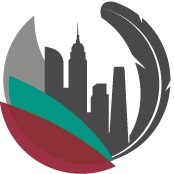
In 2018, the institute published the report “Our Bodies, Our Stories: Sexual Violence Among Native Women in Seattle.” Currently, Echo-Hawk is working with national organizations, gathering data from families who have missing or murdered women and girls.
Echo-Hawk said she also has a current project with a large county law enforcement agency to create a tool kit that will change the way officers collect data on the race and ethnicity of American Indians and Alaska Natives. Someday, she hopes, the tool kit could be used nationally to ensure that law enforcement works with their Native communities.
Echo-Hawk started this kind of investigating as a student at UW Bothell where her capstone project looked at Native women and infant mortality in Seattle. Now, she’s also a member of the King County Children and Youth Advisory Board, which oversees millions of dollars in spending from the 2015 Best Starts for Kids levy to improve the health and well-being of King County residents.
Kindness and compassion
Echo-Hawk has two tribal affiliations. She is an enrolled citizen of the Pawnee Nation of Oklahoma, and she was born and raised in Alaska as a member of the upper Ahtna Athabascan people.
As a college student in Washington, she felt somewhat isolated but at the same time also found support from other students, staff and professors, such as Hillyard and Bruce Kochis. He was an IAS faculty member who helped launch the University of Washington Center for Human Rights and guided the Washington, D.C., Human Rights Seminar for more than a decade.
“What I found was kindness and compassion,” Echo-Hawk said. In Kochis’ class in particular, she said, “I was really able to bring a voice and have it appreciated.”
The community at UW Bothell places real value on student knowledge and perspectives, she said.
“It’s really thinking about what are the interests of the students. What are our personal experiences? Where are we trying to make change in our own communities? And I really found in my undergraduate and graduate years, the professors were willing to work with you to make what you were doing meaningful.”
Now, when she visits the UW Bothell campus, Echo-Hawk said she doesn’t feel so isolated.
“It fills me full of excitement to see so much diversity, where it didn’t exist prior. I really see the efforts that UW Bothell has made to build that diversity,” she said.
Being a justice seeker
Echo-Hawk has received a number of awards, including the 2011 UW Bothell Distinguished Alumna Award. This year, she received a Woman of the Year Award at the 25th National Indian Women’s Supporting Each Other luncheon in Washington, D.C., where she was introduced by Sen. Kamala Harris.
Last year, Echo-Hawk was surprised to receive an award from Washington Secretary of Health John Wiesman, because she had been pressing the agency for equity in how it distributes money.
“I was shocked to receive an award from an organization I had been actively challenging,” Echo-Hawk said. “Sometimes in the work I do as an advocate I’m more often seen as a nuisance. Folks like me are often framed as a troublemaker, instead of a justice seeker. I feel like he saw me as a justice seeker.”
